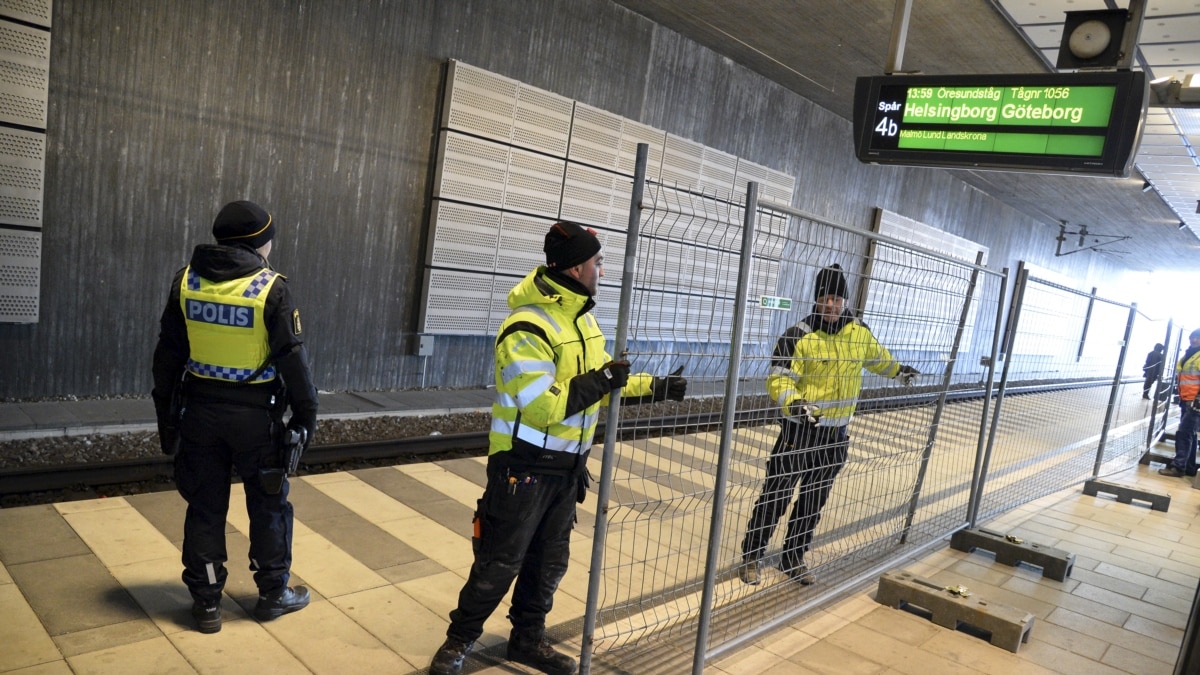Germany's New Border Controls: A Response to Migration and Security Concerns
In a significant move, Germany has announced temporary controls at all its land borders as part of a broader strategy to address irregular migration and enhance national security. This decision comes amid rising political pressure and recent incidents that have raised concerns about public safety and immigration management.
Background of the Border Controls
Germany shares a 3,700 km (2,300 miles) land border with several countries, including Denmark, the Netherlands, Belgium, Luxembourg, France, Switzerland, Austria, the Czech Republic, and Poland. The country has a history of managing migration flows, particularly during the 2015-2016 migrant crisis, when it accepted over one million refugees, primarily from war-torn regions like Syria. More recently, the influx of Ukrainian refugees due to the ongoing conflict with Russia has added to the complexities of migration management.
The German government, led by Chancellor Olaf Scholz, has faced increasing pressure from both the public and political parties, particularly the Alternative for Germany (AfD), which has gained traction in recent elections. The AfD's rise has prompted the government to take a firmer stance on immigration policies, leading to the current decision to tighten border controls.
Details of the New Measures
On September 9, 2024, the German Interior Minister Nancy Faeser announced that the government would implement temporary border checks at all land borders. This measure is intended to curb irregular migration and protect the country from potential extremist threats. The government emphasized that these controls are a necessary step to strengthen internal security and manage the challenges posed by increased migration.
The new border controls will involve enhanced checks and monitoring at all entry points, which is a significant expansion from previous measures that were only in place at select borders. The government aims to ensure that all individuals entering Germany are properly documented and screened.

Political Reactions and Implications
The announcement has sparked a mixed reaction across Europe. While some neighboring countries have expressed support for Germany's efforts to manage migration, others have raised concerns about the potential for increased tensions and complications in the Schengen Area, which allows for free movement across many European countries without border checks.
Countries like Austria have indicated that they will not accept rejected migrants from Germany, complicating the situation further. This has led to fears that Germany's decision could lead to a domino effect, prompting other countries to impose similar restrictions, thereby undermining the principles of the Schengen Agreement.
Public Sentiment and Future Outlook
Public sentiment in Germany regarding immigration has become increasingly polarized. Many citizens support stricter border controls, citing concerns over security and the capacity of local services to handle the influx of migrants. However, there are also significant voices advocating for the humane treatment of refugees and the importance of maintaining Germany's commitment to international humanitarian obligations.
As the situation evolves, the German government will need to balance the demands for security with the need to uphold its values of human rights and asylum. The effectiveness of these new border controls will be closely monitored, and their impact on migration patterns and public safety will be a critical area of focus in the coming months.

Germany's decision to impose temporary border controls reflects a complex interplay of political pressure, security concerns, and the ongoing challenges of managing migration in a rapidly changing global landscape. As the government navigates these issues, the implications for both domestic policy and international relations will be significant, shaping the future of Germany's approach to immigration and border management.
For more detailed information, you can read the full articles from Al Jazeera, AP News, and BBC.





